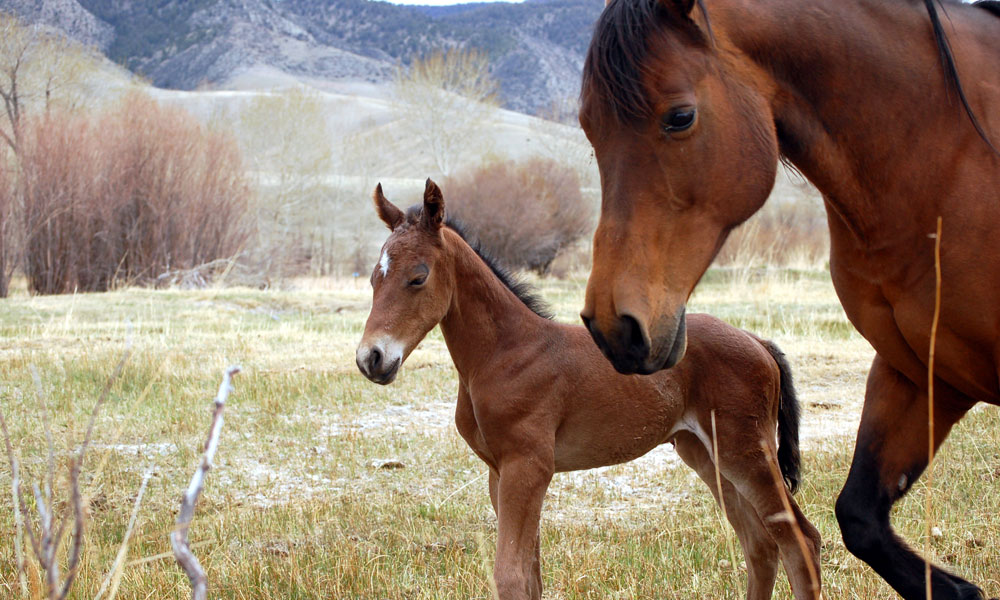
Rise of the Clones? Horse Association on Losing End of Breeding Battle
For years, the American Quarter Horse Association has banned cloned horses from its breed registry. But a recent court decision could change that.
It’s understandable that quarter horse breeders, looking to get a leg up on the competition, might consider cloning a viable option to improve their chances of breeding a winner.
The American Quarter Horse Association (AQHA) has resisted the move toward cloning, refusing to allow cloned horses on its official registry, but a court decision in Texas could force it to change its policy. More details:
The rule: In 2004, the association adopted a rule barring cloned horses and their offspring from its breed registry, formalizing an earlier decision. (For breeders, having a horse listed on the AQHA registry is key, because it increases the animal’s value.) Last year, rancher Jason Abraham and veterinarian Gregg Veneklasen sued the association in federal court, claiming that the ban amounted to monopolistic behavior and that AQHA already allowed members to use other non-natural forms of breeding such as artificial insemination. The association countered that its rules require quarter horses to have a mother and a father—which is impossible with cloning.
The verdict: On Tuesday, a 10-person jury in Amarillo, Texas, found in favor of the plaintiffs, agreeing that the association rule violated state and federal antitrust laws. While the plaintiffs did not receive the $6 million in damages they requested, attorney Nancy Stone said their ultimate goal isn’t money. “Our primary interest throughout this case has not been damages but to get these horses registered,” Stone told the Associated Press. The next step is for the judge in the case to rule on the plaintiffs’ request for an order that would require the association to allow cloned horses on its registry. Stone said that could happen at a not-yet-scheduled hearing.
The reaction: AQHA plans an appeal. “When individuals with shared interests, goals, and values come together to form a voluntary association to serve a common purpose, the members have a right to determine the rules for their association,” the group’s executive vice president, Don Treadway Jr., said in a press release. “The wisdom of our membership—which is largely not in favor of the registration of clones and their offspring—has not been upheld by this verdict.”
The final outcome of the case could affect the horse-breeding industry as a whole, because no other U.S.-based associations in the industry allow for the registration of clones.
(iStockphoto/Thinkstock)






Comments